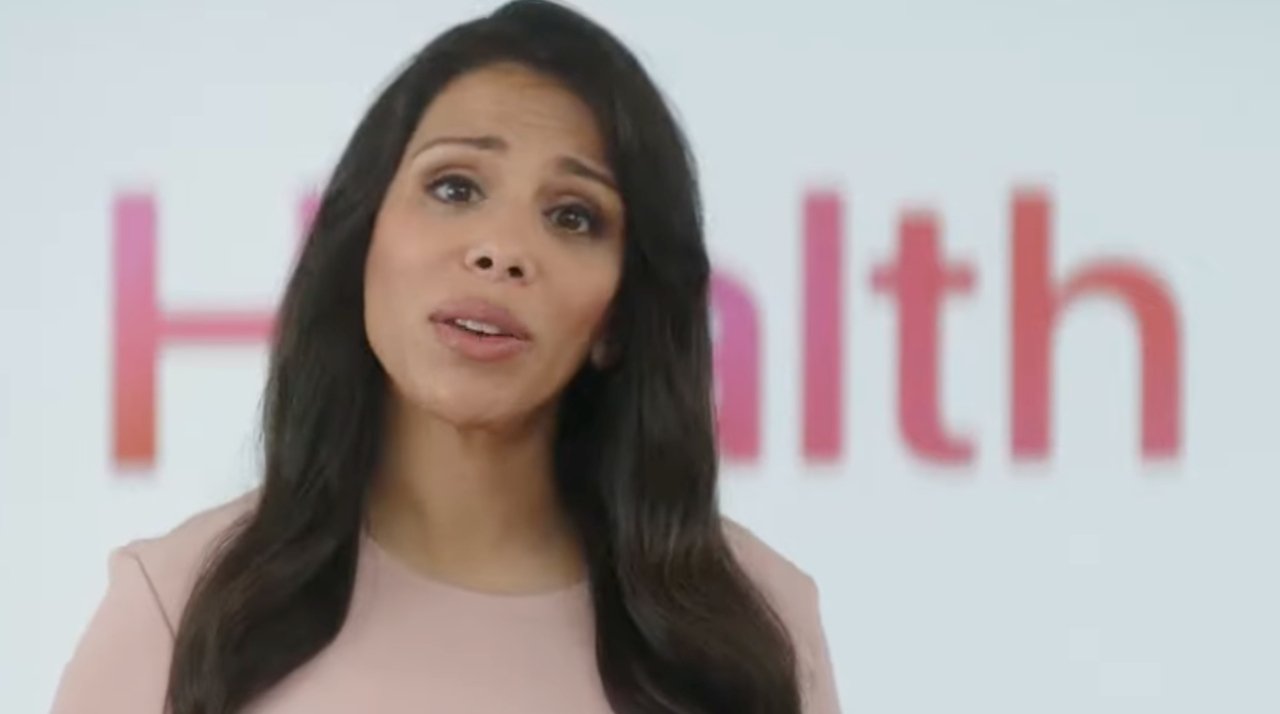Apple has reportedly spent years testing its own primary care clinics with the ultimate goal of offering this service to customers, but the company's health focus has moved to Apple Watch.
As Apple continues to expand its Apple Watch focus on health with new hires, it has been revealed that it originally had much broader plans for healthcare. Since 2016, it has been working on offering primary health care of its own, including conducting extensive, long-term tests with fully-working health centers.
According to the Wall Street Journal, the initial work began after 2015's Apple Watch proved a success for its health features. Faced with a torrent of health data being gathered by the Watch, Apple's COO Jeff Williams reportedly wanted Apple to reinvent US health care.
Specifically, unnamed sources told the Wall Street Journal that Williams describes the current system as "363 [and] break fix." He means that patients may only see their doctor one day a year, and then only when they know something is wrong.
Apple took over an unknown number of health clinics in Cupertino and in 2017 hired Dr. Sumbul Ahmad Desai, from Stanford University, to run what was now called Project Casper. Dr. Desai and her team have since made specific health tools such as the blood oximeter in the Apple Watch Series 6. Plus she is a key figure behind the development of Apple's HealthKit.
Dr. Desai is now also a familiar figure in Apple's presentations. That includes the WWDC 2021 keynote where she detailed Apple's forthcoming health features in iOS 15.
At the same time, Dr. Desai has been running the Casper clinics and reportedly the trial work continues to the present day. However, sources told the Wall Street Journal that the project has stalled, partly because of a focus on Apple Watch, but also partly because of a lack of sufficiently clear results.
It's claimed that members of the Casper team have objected to the project's methodology, saying that data has been compiled inaccurately or haphazardly. It's further alleged that internal discussion and criticism is unwelcome, and that consequently multiple people have quit the project.
An Apple spokesperson told the Wall Street Journal that the specific example of one manager leaving "was investigated thoroughly and the allegations could not be substantiated."
Apple has also told the publication that the alleged criticisms are inaccurate, and that the overall report is incorrect. "Many of the assertions in this report are based on incomplete, outdated and inaccurate information," said the spokesperson.
The publication's report also claims that Apple has been testing a new app for around six months, but it is failing to get traction with employees. Called HealthHabit, it is intended to set health challenges, and to connect testers to health coaches when needed.
However, the Wall Street Journal claims that as of May 2021, half of the Apple staff who have downloaded the app have failed to enroll in the test.
Separately, Dr. Desai's team continues to be involved in health ventures, including the new Health Sharing feature of the forthcoming watchOS 8.
Keep up with everything Apple in the weekly AppleInsider Podcast — and get a fast news update from AppleInsider Daily. Just say, "Hey, Siri," to your HomePod mini and ask for these podcasts, and our latest HomeKit Insider episode too.
If you want an ad-free main AppleInsider Podcast experience, you can support the AppleInsider podcast by subscribing for $5 per month through Apple's Podcasts app, or via Patreon if you prefer any other podcast player.
AppleInsider is also bringing you the best Apple-related deals for Amazon Prime Day 2021. There are bargains before, during, and even after Prime Day on June 21 and 22 — with every deal at your fingertips throughout the event.
 William Gallagher
William Gallagher

-m.jpg)






 Marko Zivkovic
Marko Zivkovic
 Mike Wuerthele
Mike Wuerthele
 Christine McKee
Christine McKee
 Amber Neely
Amber Neely
 Wesley Hilliard
Wesley Hilliard











40 Comments
Should I say it? Should I? OK, here it is . . . “An Apple a day . . .” :D
Health+
Wow, genuinely didn’t expect that.
...so why if an Apple watch is 3' from my mac and can unlock it, does it need to sync via Apple servers thousands of miles away in aother country...?
I confirmed this with Apple tech yesterday ...
"